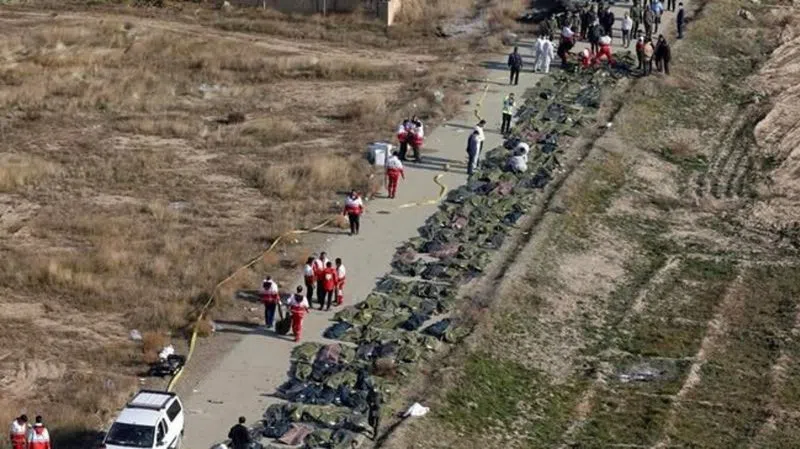
RCMP creating DNA profiles to help identify Canadians killed in Iran plane crash
Canada’s national police force is taking part in the massive effort to identify dozens of Canadians killed in last week’s plane crash in Iran.
While no RCMP officers are currently on the ground in Tehran, where the Ukrainian passenger jet was shot down by the Iranian military, a spokeswoman said the force is co-ordinating the crucial work of gathering physical material that will eventually be used to identify the remains of the 57 Canadian victims.
“On-site disaster victim identification assistance from Canada has not been requested at this time,” Catherine Fortin said in a statement. “The RCMP is currently creating DNA profiles here in Canada to assist Iran with Canadian victim identification.”
Much of that work, Fortin said, will involve gathering samples from family members of the plane crash victims. Of the 176 people killed in the crash, federal officials have said 138 were bound for Canada.
